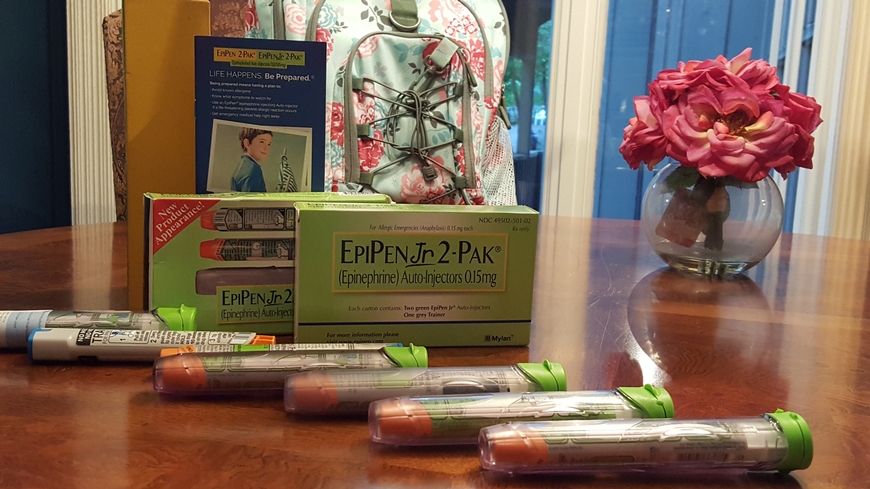
How Drug Coupons and Costs Affect Your Healthcare Premiums
Posted: August 25, 2016
The Epi-Pen Saga and the Truth Behind It
Like many families, my child suffers from a deadly food allergy. That makes an Epi-Pen refill a necessary back-to-school-supply for us. While your family may not deal with this type of allergy, you are probably familiar with the Epi-Pen, the most common emergency treatment for the sudden and severe allergic reaction that may cause death. You may also take other medications that have experienced a sharp price increase of 400% or more in the past several years.
The manufacturer of Epi-Pen, Mylan Pharmaceuticals, is under fire this week for increasing the cost of the EpiPen from about $57 in 2007 to more than $500 today, potentially placing allergy sufferers at risk, according to Forbes. CNN and other news outlets are also reporting the growing concern about the increases Epi-pen and other drugs have experienced. While the Epi-Pen, in its immediate and necessary lifesaving nature, tugs hearts strings, it’s undeniable that Epi-Pen is just one of many drugs that has experienced an sharp increase. So, why the shift? While some point to greedy manufacturers, others, including The Wall Street Journal and CBS, point to over regulation, from the Affordable Care Act to the high cost of launching a generic option.
In July, I gave some tips for managing prescriptions costs which included using the manufacturer coupon, and there is, indeed, a coupon that will allow you to save up to $100 on an Epi-pen 2-pack with the disclaimer “only if you have insurance.” There is a secondary program to qualify on a financial basis if you do not have insurance. Most manufacturers now offer programs as generous as or even more generous than this. So the question becomes, why give consumers such a significant coupon if your goal is profit? As health plans feature higher copays and deductibles, pharmaceutical incentive programs are changing to match so that you reach the point at which your health insurer pays all or a portion of the bill. While not the case with Epi-Pen, there are some programs in place in which the consumer would never pay a dime, yet they may satisfy their health plan deductibles simply by using a coupon for an expensive medication.
This is where the price comes into focus. By making the cost higher, the health insurer is inevitably faced with the cost once your plan requirements of a copay, deductible, or out-of-pocket limit have been reached. That allows the manufacturer to make up the difference of what has been given through the “coupon” and then some. This strategy also increases the likelihood that health plans may experience rate increases and decrease the number of medications in their formularies.
All of my advice from July still stands, by all means, take advantage of the coupon. It is important, however, to note that the manufacturer coupon is a symptom of the healthcare crisis and not a cure. The disclaimer that the coupon is good ONLY if you have insurance is the key that shows that we consumers are just pawns in a game where government regulation and profit are equally kings.
Do you need an Epi-Pen onsite at your child’s school? Find out if your school participates or qualifies for EpiPen4Schools® program by contacting your school nurse or administrator.

